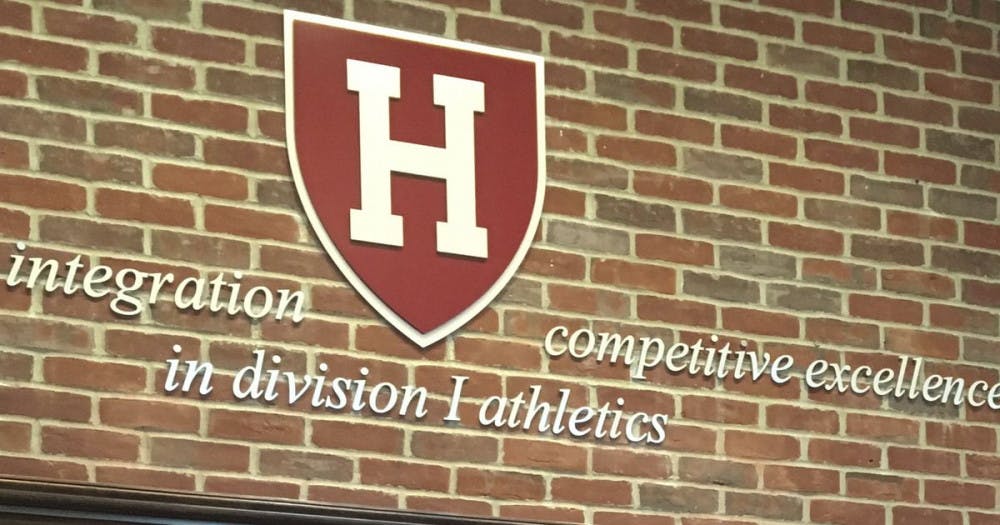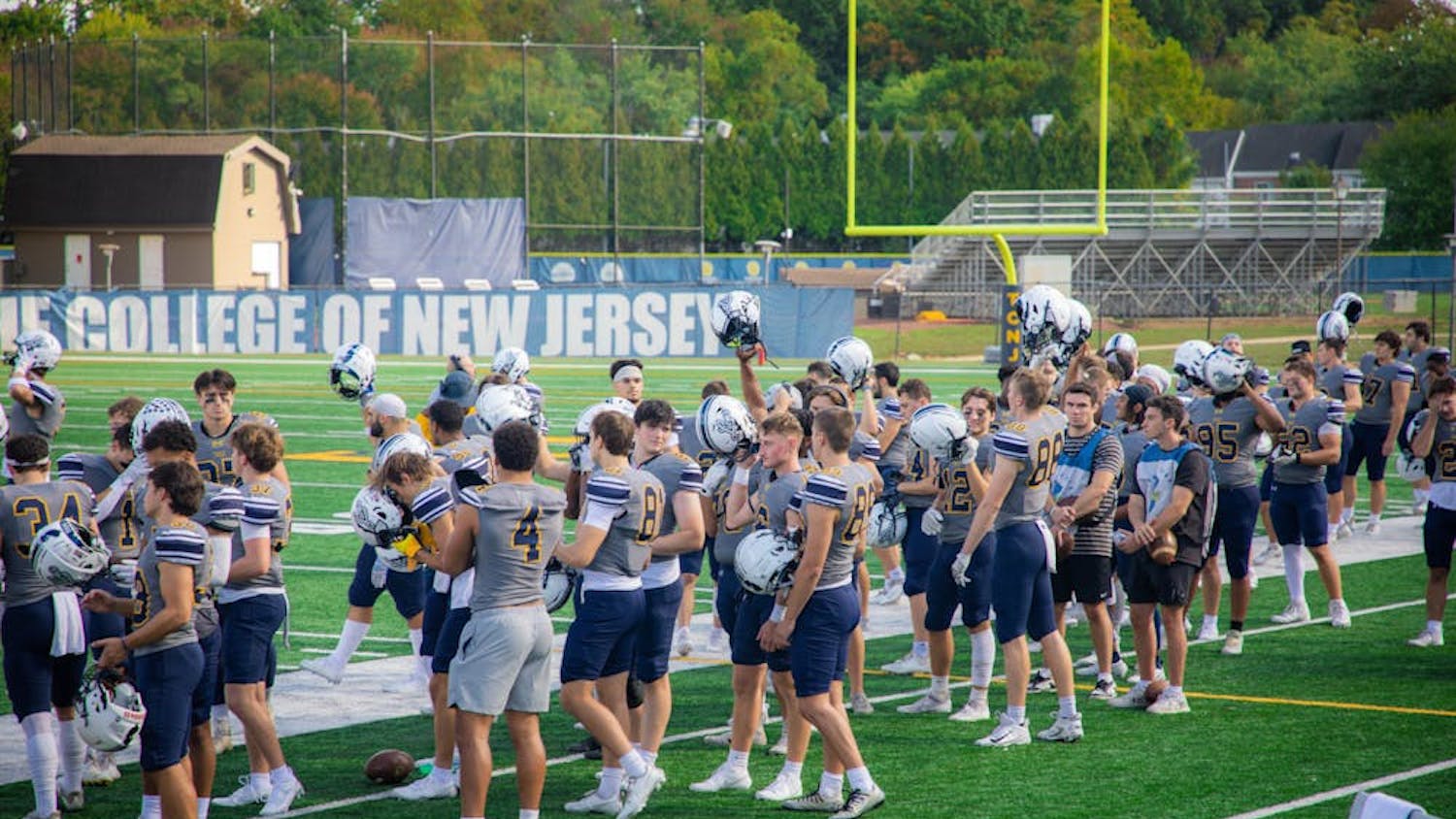By Michael Battista
Staff Writer
Over the course of a few days, Harvard University has gone from being one of the top universities in the world to just another college plagued with on-campus controversy surrounding its NCAA players.
On Monday, Oct. 24, The Harvard Crimson, the university’s newspaper, released a story detailing the existence of a 2012 Google doc created by the varsity men’s soccer team. The “scouting report,” as it has been called, ranked members of the women’s soccer team based on looks and other factors. Each girl had a photo attached with their name.

“The author, a member of the 2012 men’s team, also assigned each of them a nickname and a sexual position… One recruit, he wrote, ‘looks like the kind of girl who both likes to dominate, and likes to be dominated,’” according to a New York Post article from Thursday, Nov. 3.
Kelly Wieczerzak Jr., a junior defenseman for the College’s women’s soccer team, has a personal connection to the incident, as she knows a member of the women’s team. She learned about the “scouting report” before it became well-known, but she didn’t fully realize how far the men’s team had gone.
“I didn’t know how in-depth (the list) was,” Wieczerzak said. “But then, when I read about how they rated girls and some of the things (the men) said… it does show what goes on with gender and equality and, not to an extreme extent, but degrading women a bit.”
The challenges women face in college are immense and recurring, according to junior midfielder Kayla Bertolino.
“It’s hard to say that some of these things happen so often, but it’s almost like a reality,” Bertolino said. “It’s something (women) have to overcome at this point.”
For Bertolino, the culprit behind these issues was pretty easy to nail down.
“You can’t not say that women are being rated all the time, and that’s not (to say) it’s a double standard,” Bertolino said. “I believe it happens to men at the same time... It’s in how in-depth and how intense these scouting reports were… that part has become a reality.”
Wieczerzak echoed that sentiment, saying how a woman’s looks are constantly brought up.
“It’s almost like an everyday thing. People are constantly talking about people’s appearances and what their opinions are, whether it’s a guy or a girl,” Wieczerzak said.
The question of whether rating both men and women is acceptable has been discussed openly online and in the media since the story was published. Some say any person will internally judge others by their looks in private, while others believe it reduces people, especially women, to their looks alone.
Both athletes said they haven’t experienced any harassment or degradation at the College or their previous schools, as Wieczerzak transferred from Monmouth University and Bertolino from Wagner College this year, but both admit it is still a prevalent issue.
Here at the College, as with many schools around the country today, the issues of derogatory mentalities and female safety are high priority, especially this year. According to a Signal article from Tuesday, Oct. 11, reports of sexual violence increased from 2014 to 2015, including an incident that occurred in late September.
The College’s athletics department has been fortunate because no student athlete has been recorded with a major violation or police charge during this time, while major universities, such as Duke and Baylor, have been scrutinized for their student athletes’ actions.
The success of the women’s soccer team, along with the success of women’s sports in general, may help curb the amount of issues facing student athletes at the College, according to Wieczerzak.
“When I played at Monmouth, we had a very successful program and here, obviously, very, very successful,” Wieczerzak said. “It’s not surprising for people to want to support that. (It’s) not that if we weren’t successful, people would now all of a suddenly be caring about what we look like or what we did with sports and what not. But, I think that having some success… maybe people don’t wanna walk all over you or think they can say things to you. Whereas if we weren’t as successful, maybe we would be easier targets.”
While both athletes agree these events will occur, the future can be changed by the actions of today. Wieczerzak said she believes the swift decision taken by Harvard is going to serve as a future deterrent.
“For Harvard, (the school) took (its) season away, so for another team to see that, you might understand the circumstances of how serious it is,” Wieczerzak said. “But until something like that happens, no one really puts a consequence on it — it’s just people’s everyday actions. Hypothetically, if no one ever got a hold of their list they made, then they would still be playing. Once it’s out there and people see what’s going on, something needs to be done about it.”
Bertolino said making social progress is hard, but worth it.
“(Gaining respect is) going to be an uphill battle, but I think that every woman athlete has to still keep going,” Bertolino said. “It’s going to be hard… People are going to still disrespect it, but that’s their opinion, there’s nothing you can really do about that. But the people who care, the people who see it, I think those are the people that are going to start looking up to women’s sports and women’s athletes.... You can’t just keep wallowing, and I truly believe that.”
On Saturday, Oct. 29, The Harvard Crimson released another story directly from the women who were “scouted” in the list. They echo Bertolino’s thoughts, coming out with their names and saying they will move on from the incident — that they hope the story begins a conversation about this type of behavior within collegiate athletics across the country.
However, Bertolino doesn’t think she, or any other woman athlete, needs to try and change anyone’s opinion.
“To the people who don’t respect (women’s sports), to me, that’s fine. If they don’t want to and they don’t really have a sense and they don’t really have a care for it, then those aren’t the people you really want even supporting you if they aren’t going to be there from day one.”







